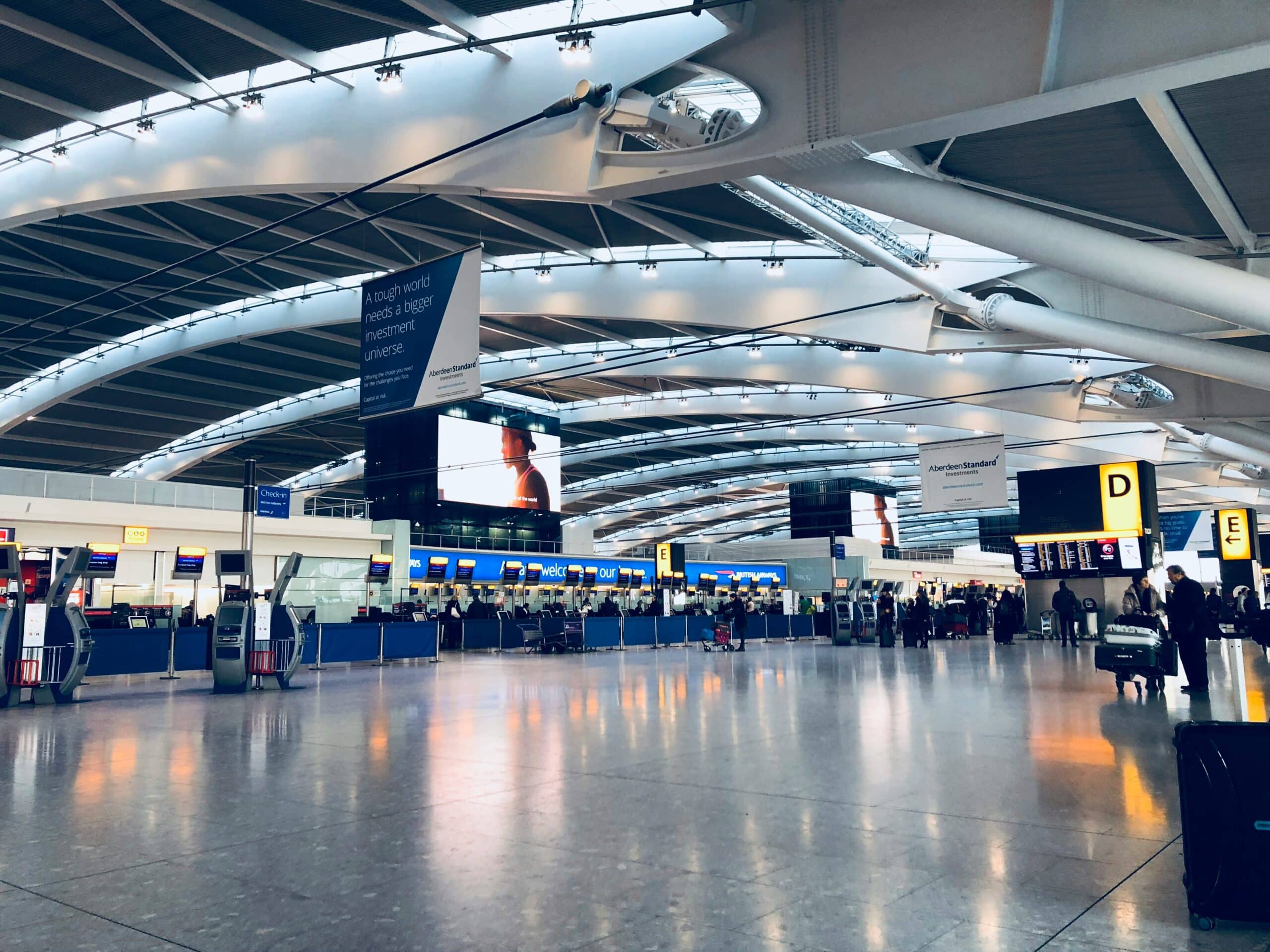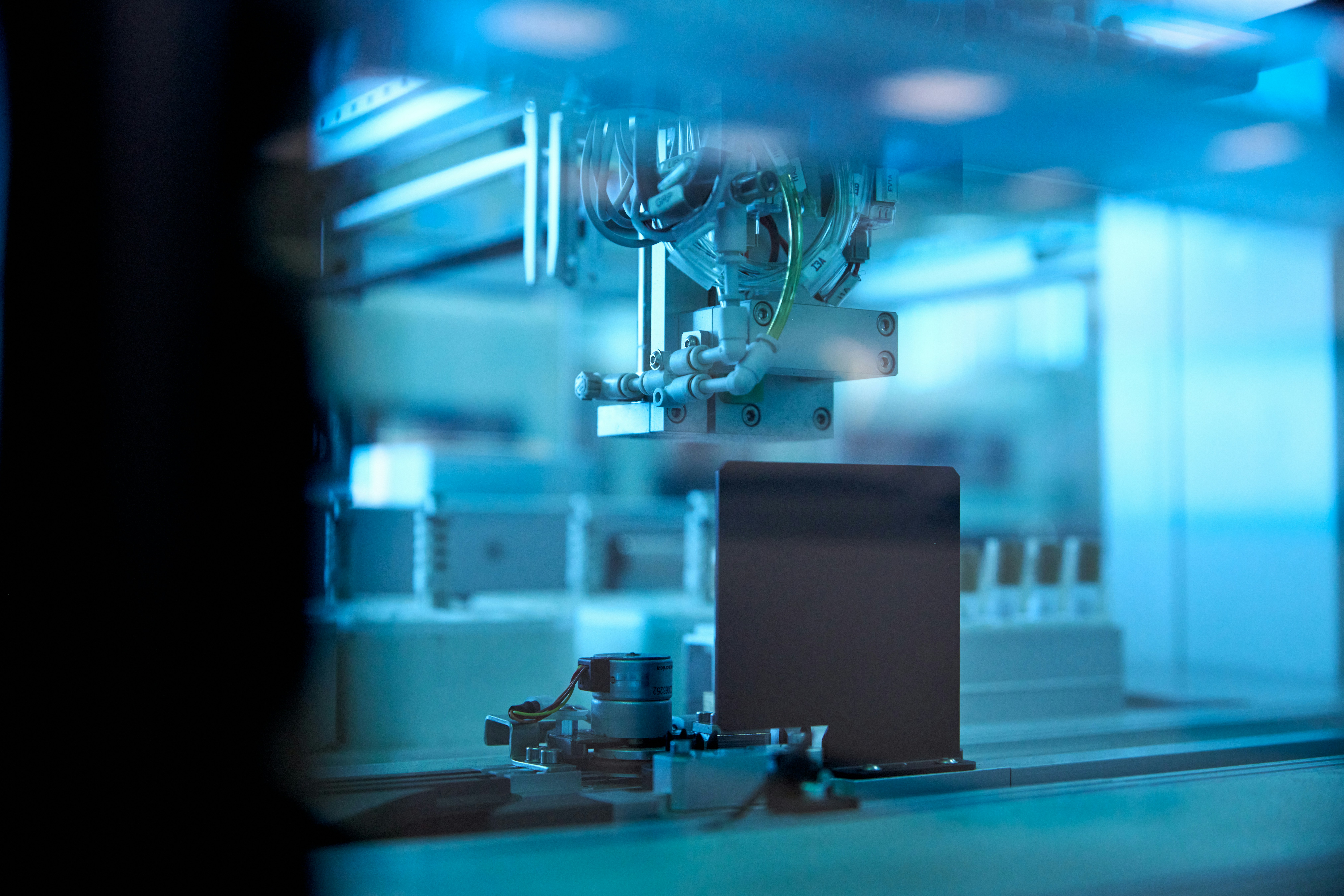
Visa & Immigration
Policy Impacts and Aims
Section 02
Survey Overview and Demographics
General Overview
Study Date: 22.10.20–23.11.20
Geographic Coverage: United States
Expertise:
- 72% Biology
- 14% Civil and Environmental Engineering
- 14% Geography
Response Overview
Sample Size: 2443
Valid Responses: 419
Response Rate: 17.4
Date initial findings posted: 01.18.21
Most recent update: 01.18.21
Days survey in field: 33
Average response time: 13
Survey Demographics
Respondent Demographics:
- 19% Female
- 16.4% Male
- 100% Academic
- 0% Industry
Language(s): English
Section Overview
Scientists provided input on the ways current US visa and immigration policy impacts international research, security, and trust. Responses on this page are part of a larger survey on visa and immigration impacts on higher education with additional topics covering mobility and impacts on scientific workforce.
Question
In your opinion, what effect do current US visa and immigration policies have on each of the following dimensions of the US higher education system? (N=362)

Finding
Few scientists see positive effects of visa and immigration policy on science and higher education.
Most respondents (89%) agree that current visa and immigration policies have negatively affected the attraction of top talent.
Most respondents also see negative impacts on the US high technology sector (83%).
Question
There has been concern expressed in recent years that U.S. universities have become a target for the appropriation of technology and other intellectual property by foreign governments. How serious of a problem do you believe this is now? (N=365)

Finding
About 55% of scientists believe that the potential theft of technology and intellectual property by foreign governments is a serious concern for US universities.
Question
The Trump Administration has proposed a number of changes to the US visa and immigration system. To what extent do you think these potential changes will contribute toward achieving each of the following policy objectives? (N=368)

Finding
Most scientists believe that changes in US visa and immigration policies proposed by the Trump administration punish specific countries or nationalities (82% major or minor contribution).
Most also believe the policies will add to the distrust of foreign governments (78% major or minor contribution).
Only 3% of scientists responded that policies had a major contribution to protecting public health and only 5% stated policies protected intellectual property.
Question
There has recently been an increase in investigations at some universities related to academic espionage by students and faculty. In your opinion, what level of risk is there now for academic espionage in {the following areas}? (N=364)

Finding
About 37% of respondents believe there is moderate to high risk of academic espionage in the US.
Scientists report lower levels of perceived risk of espionage at their particular university (26%) and in their department (7%).
Question
Are you aware of any investigations of academic espionage at your university? (N=370)

Finding
Among respondents, 13% are aware of academic espionage investigations in their university.
Question
Do you think it is possible to strike the right balance between open science and national security, or should one of these considerations be a priority over the other? (N=369)

Finding
About 72% of scientists believe that it is possible to strike a balance between open science and national security.
20% of scientists think open science should be a priority over national security.


